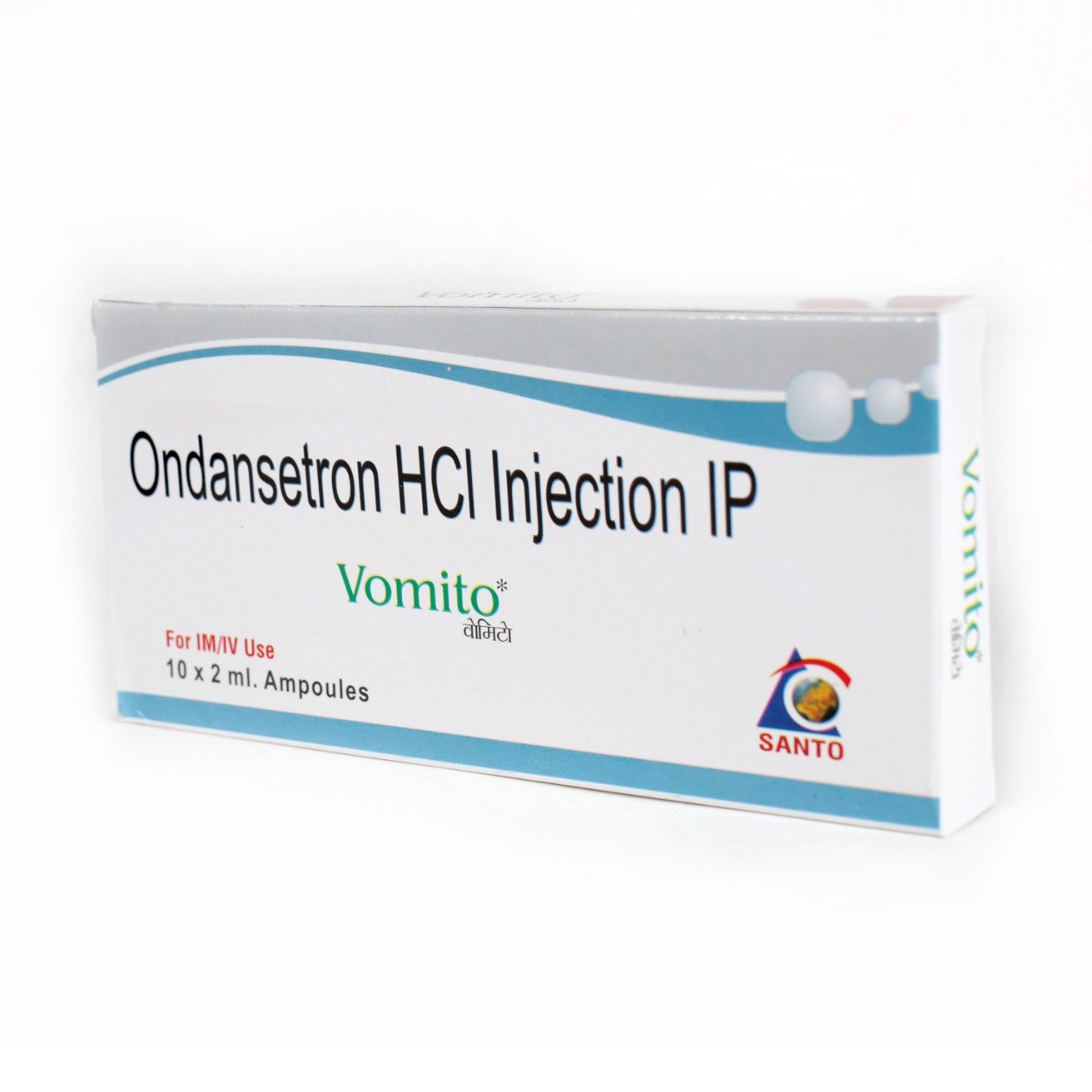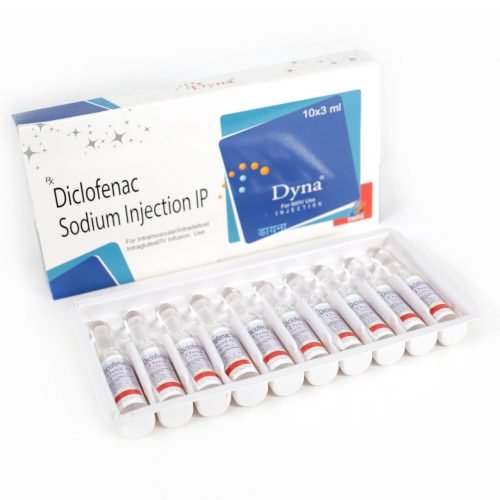- 01792-220191, 09839141955, 06390845955
- SCO No. 2 & 3, Block-B;Office No.-249A; 2nd Floor, Motia Plaza Baddi-173205; Distt. Solan (H.P.)
- Home
- Injections
- VOMITO

SANFER (2.5 ml)
September 19, 2019VOMITO
| Brad Name | Vomito |
| Composition | Ondansetron 2 mg / 1 ml Injections |
Ondansetron 2 mg / 1 ml Injections
Ondansetron blocks the actions of chemicals in the body that can trigger nausea and vomiting. Ondansetron is used to prevent nausea and vomiting that may be caused by surgery, cancer chemotherapy, or radiation treatment. Ondansetron may be used for purposes not listed in this medication guide.
You should not use ondansetron if you are also using apomorphine (Apokyn). You should not use ondansetron if you are allergic to it or to similar medicines such as dolasetron (Anzemet), granisetron (Kytril), or palonosetron (Aloxi). Before taking ondansetron, tell your doctor if you have liver disease, or a personal or family history of Long QT syndrome. Ondansetron orally disintegrating tablets may contain phenylalanine. Tell your doctor if you have phenylketonuria (PKU).
Dosage
Laboratory and/or medical tests (such as EKG) should be performed periodically to monitor your progress or check for side effects. Consult your doctor for more details.
Before using ondansetron, tell your doctor or pharmacist if you are allergic to it; or to other serotonin blockers (e.g., granisetron); or if you have any other allergies. This product may contain inactive ingredients, which can cause allergic reactions or other problems. Talk to your pharmacist for more details. Before using this medication, tell your doctor or pharmacist your medical history, especially of: irregular heartbeat, liver disease, stomach/intestinal problems (e.g., recent abdominal surgery, ileus, swelling). Ondansetron may cause a condition that affects the heart rhythm (QT prolongation). QT prolongation can rarely cause serious (rarely fatal) fast/irregular heartbeat and other symptoms (such as severe dizziness, fainting) that need medical attention right away.
Side effects
- Headache, fever, lightheadedness, dizziness, drowsiness, tiredness, constipation, or redness/pain/burning at the injection site may occur. If these effects persist or worsen, notify your doctor promptly.
- Remember that your doctor has prescribed this medication because he or she has judged that the benefit to you is greater than the risk of side effects. Many people using this medication do not have serious side effects.
- Tell your doctor right away if you have any serious side effects, including: stomach pain, muscle stiffness/spasm, vision changes (e.g., temporary loss of vision, blurred vision, uncontrollable eye movements).
- Get medical help right away if any of these rare but very serious side effects occur: chest pain, slow/fast/irregular heartbeat, severe dizziness, fainting.
Drug interaction
Drug interactions may change how your medications work or increase your risk for serious side effects. This document does not contain all possible drug interactions. Keep a list of all the products you use (including prescription/nonprescription drugs and herbal products) and share it with your doctor and pharmacist. Do not start, stop, or change the dosage of any medicines without your doctor’s approval.
Some products that may interact with this drug include: apomorphine, tramadol.
Many drugs besides ondansetron may affect the heart rhythm (QT prolongation), including dofetilide, pimozide, procainamide, amiodarone, quinidine, sotalol, macrolide antibiotics (such as erythromycin), among others. Therefore, before using ondansetron, report all medications you are currently using to your doctor or pharmacist.






